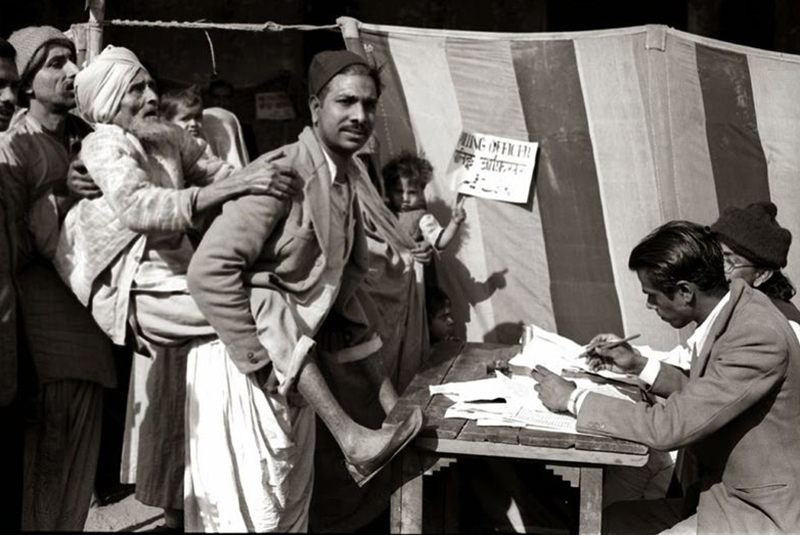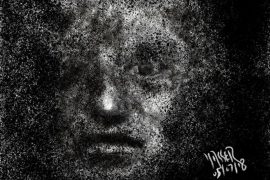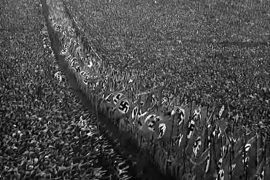In 1937, in a highly regarded journal of that time, Modern Review, someone who signed off as ‘Chanakya’ wrote an article scathingly criticizing Jawaharlal Nehru. Chanakya warned that Nehru was a Caesar in the making, someone who was obviously popular, but who could use that popularity to convert the polity into a dictatorship, a benevolent one, but a dictatorship nonetheless. The article declared with a finality that brooked no argument: ‘We want no Caesars’.
It later emerged that Nehru wrote the article using the pen name, Chanakya, clearly uncomfortable with the personality cult that was developing around him. While Nehru did not directly mention elections or democracy, it was evidently a clear indicator of what had transpired earlier in history and a portent of the shape of things to come.
During the freedom struggle, the Congress had championed the cause of a democratic polity. In 1928, the Motilal Nehru Committee had recommended universal adult franchise and dissociating the state and religion.
When India became an independent nation, parliamentary democracy with the universal adult franchise was a given, as the constitutional scheme. In March 1950, two months after the Constitution came into force, Sukumar Sen, then Chief Secretary of West Bengal, was appointed the first Chief Election Commissioner (CEC). The Representation of the People Act (RP Act) of May 1950 and the RP Act of July 1951 laid out the procedures for the conduct of elections.
Copyright©Madras Courier, All Rights Reserved. You may share using our article tools. Please don't cut articles from madrascourier.com and redistribute by email, post to the web, mobile phone or social media.Please send in your feed back and comments to editor@madrascourier.com











